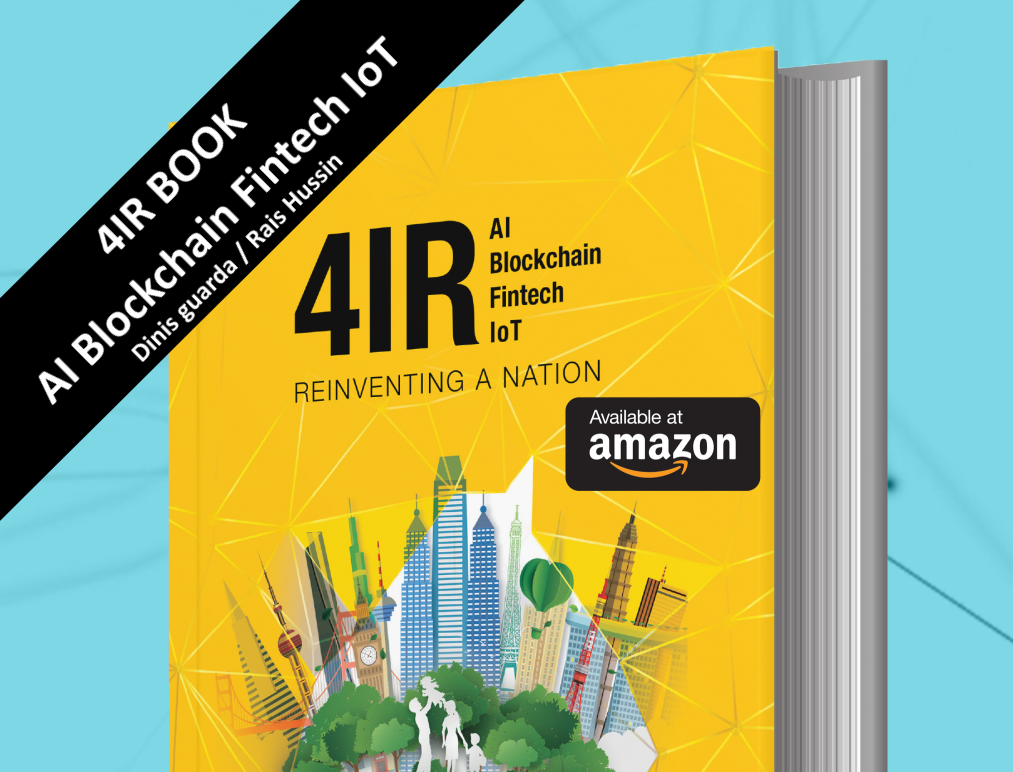In the current turbulent business landscape, having a strong retail value chain is more critical than ever. A robust retail value chain connects suppliers and customers in ways that increase efficiency, reduce costs, and optimize supply chains. Not only does this help to streamline product delivery but it also helps retailers maintain their competitive edge. Additionally, an optimized retail value chain can benefit both consumers and retailers by improving customer service while ensuring products are delivered on time and within budget.
In this article, we’ll talk about the importance of a retail value chain in businesses. We’ll go over why is having a robust strategy in place is essential to thrive in today’s marketplace and how you can ensure your own organization’s success with such a system in place. Let’s begin!

From Suppliers to Customers: The Benefits of a Robust Retail Value Chain
Retail Value Chain: Taking the Product From the Supplier to the Customer
The retail value chain is an essential part of a retailer’s success, taking products from the supplier to the customer. This process involves many steps, such as procurement, storage, transportation, and distribution.
Retailers can gain competitive advantages by streamlining and optimizing their supply chains- making sure they are receiving the right products in the right quantities at the right time. Doing so results in better customer performance and satisfaction through improved product availability and increased cost savings throughout the entire value chain. Efficiency is key when it comes to effective retail value chains!
A Robust Retail Value Chain Is One That Is Efficient and Effective, With Minimal Waste
A robust retail value chain is essential in driving consumer satisfaction and a company’s profitability. Serving as a conduit between raw materials and the customer, an efficient and effective retail value chain should have minimal waste throughout. Scorecards and standardized metrics can form the foundation for assessing performance across the entire value chain, optimizing operations along each step including procurement, inventory management, distribution, sales, and customer service.
Having rigorous processes that insure quality control across the retail value chain implies only products with consistent quality will be delivered to the consumer. Monitoring for efficiency is also important in order to identify gaps where improvements can be made within the operation to drive cost savings and efficiencies which are key components of a functioning retail value chain.
Benefits of Having an Effective Retail Value Chain
Running a successful retail business depends on having an effective value chain in place. By optimizing the various elements of the retail value chain, from inventory management to customer service, businesses are able to improve customer satisfaction, reduce costs, and ultimately increase their revenue.
Companies with a well-functioning and efficient value chain will benefit from increased visibility into where pieces of the supply chain need improvement, as well as better overall agility when faced with rapid changes in customer demands. With improved order accuracy and faster delivery times, customers are more likely to be satisfied with their purchasing experience, leading to both repeat customers and new sales opportunities down the road.

From Suppliers to Customers: The Benefits of a Robust Retail Value Chain
Key Components of a Robust Retail Value Chain
The successful operation of a retail business depends on effective management of the supply chain and careful attention to customer reach and engagement. Establishing strong relationships between suppliers and retailers is essential for success, as this connection provides a steady stream of products with consistent quality.
Additionally, efficient logistics are key, as retailers must be able to move products in and out of their warehouses quickly and cost-effectively. Finally, marketing must be an integral part of the operations, not only in terms of advertising products but also in creating relationships with customers both before and after sales occur.
Improve Your Retail Value Chain and Reap the Benefits
By improving the flow of goods and services, providing better customer support, and creating stronger partnerships with suppliers, retailers can create an effective system that promotes growth. Improved communication and collaboration between departments result in better coordination of activities and streamlined processes that reduce cost and lead time.
The focus on the customer experience that is gained when making these changes can also drive revenue and profitability as customers enjoy a smoother shopping journey. Ultimately, taking steps to improve the retail value chain is an investment into the future of any business.
Bottom Line
A well-functioning retail value chain is essential to the success of any retailer. By working closely with suppliers and customers, retailers can ensure that everyone in the value chain benefits from it. In addition, by understanding their customers’ needs and wants, retailers can make sure they are providing the right products and services at the right time and price. When all parts of the retail value chain work together seamlessly, everyone wins.









